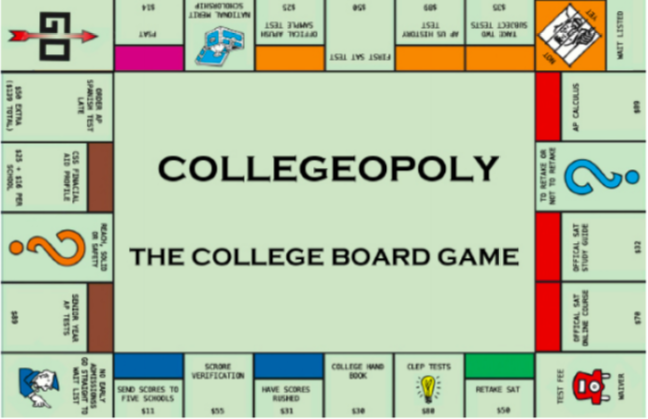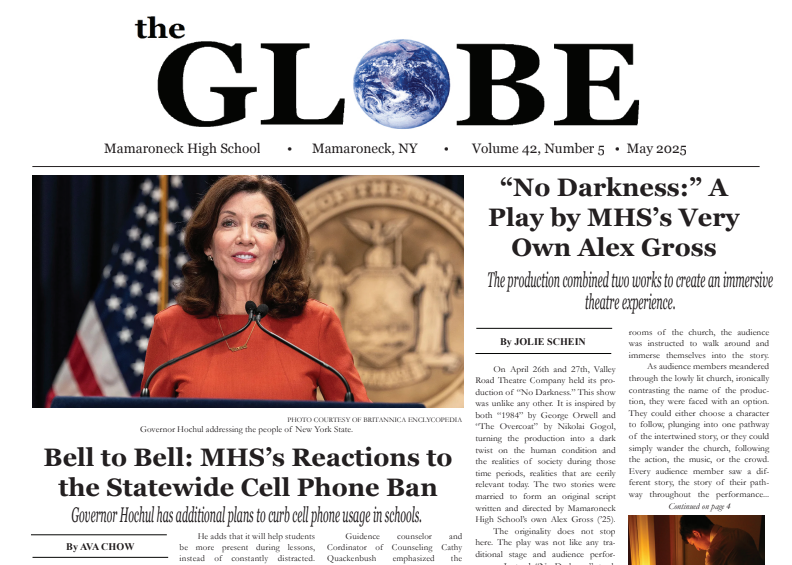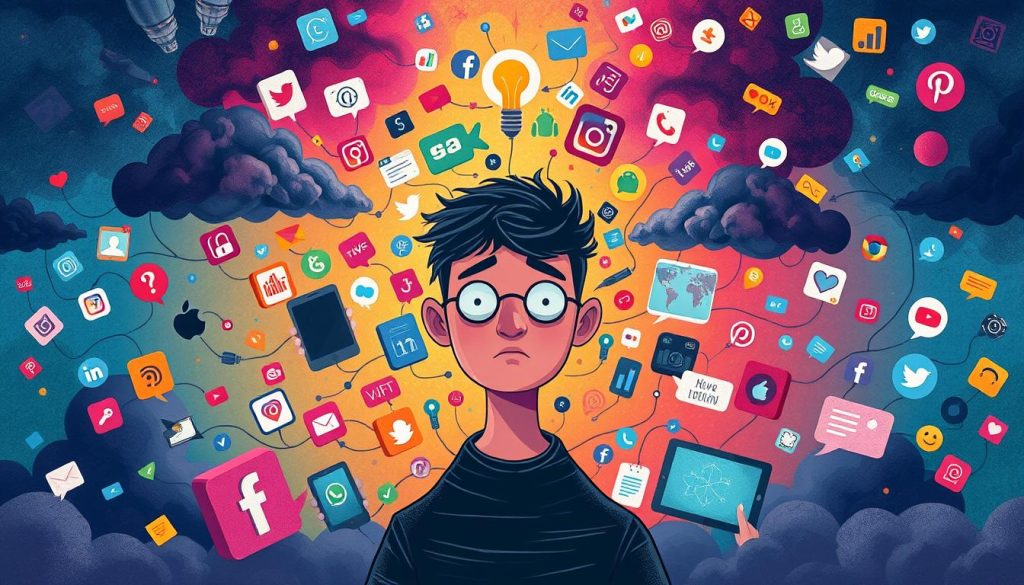Amidst the Pandemic, the College Board Shows That Its Priority is Money, Not Students
June 17, 2020
On every test the College Board offers, they give students the option to check a box to take part in their “Student Search Service,” a program that they claim “connects students with information about educational and financial aid opportunities from nearly 1,900 eligible colleges and universities, and scholarship and other educational programs.” On the same page, the College Board states that it does not sell the data it acquires through this service. However, on a second page, the organization publicly displays that colleges can pay licensing fees for the same exact data that they explicitly stated is not sold.
The College Board’s greed in charging for student data is only a small example of the organization’s complete apathy towards students, an apathy that has only become more and more clear during these unprecedented times, as can be seen with this year’s AP exams. AP tests are inherently stressful experiences for students, and instead of attempting to lessen this stress in the midst of a pandemic by creating a platform that caters to students’ needs, the College Board took a more simplistic, inexpensive route and created a platform that was not only non-intuitive, but dysfunctional. Thousands upon thousands of students were unable to submit their exams due to glitches in the College Board’s platform and forced to take their AP exams again, at a later date. For students with disabilities, the College Board provided little support. Many blind students reported that the braille given on the test was insufficient and that students were forced to listen to slow audio files that did not keep up with the pace of the test. To prevent cheating, the College Board saw it fit that all students taking a test in a certain topic should take the test at the same time, forcing foreign students to take exams either extremely late or incredibly early. When faced with criticism, the College Board repeatedly stated that it was doing its best to help students given the circumstances, but was it? All of these injustices could have been avoided if the College Board, a company with profits of almost 1 billion dollars a year from AP exams, had poured more resources into their platform. Instead, the College Board left students to fend for themselves, using the coronavirus as an excuse for their blatant greed.
The College Board’s outsized influence on education in the U.S. is nothing new and is something that has been criticized before. Still, what makes the College Board’s recent actions somehow even worse than usual is their complete disregard for accountability. Look at the College Board’s Instagram and you’ll see a comments section filled with positive comments, because the College Board only responds to these positive comments, allowing for them to be brought to the top of the section. Look at the College Board’s Twitter account and you’ll see a post after post about how great the new AP exams are, how “99 percent of students” were able to take their tests successfully. With multiple class action lawsuits being filed against the College Board, this statistic seems to be inaccurate. The College Board perpetuates narratives that make them seem like heroes, all the while ignoring the needs of the students they profit off of.
For students, this lack of transparency is a slap in the face. After a year of stress, late nights up studying, and countless hours of work poured into AP classes, the College Board provided a 50-minute test that covered one to two topics in a subject’s curriculum, while at the same time still charging the full exam fee. AP exams play a large role in the college admissions process, and even if that role may be smaller in this upcoming admissions cycle, students’ scores on the 2020 AP exams will have a direct effect on their futures. What hurts most about the 2020 AP exams is that countless hours of work and stress preparing for a test can be invalidated by the College Board’s unwillingness to create a functional platform. In a time where students were in their most desperate, most stressful state, the College Board chose to capitalize on students’ desperation.






